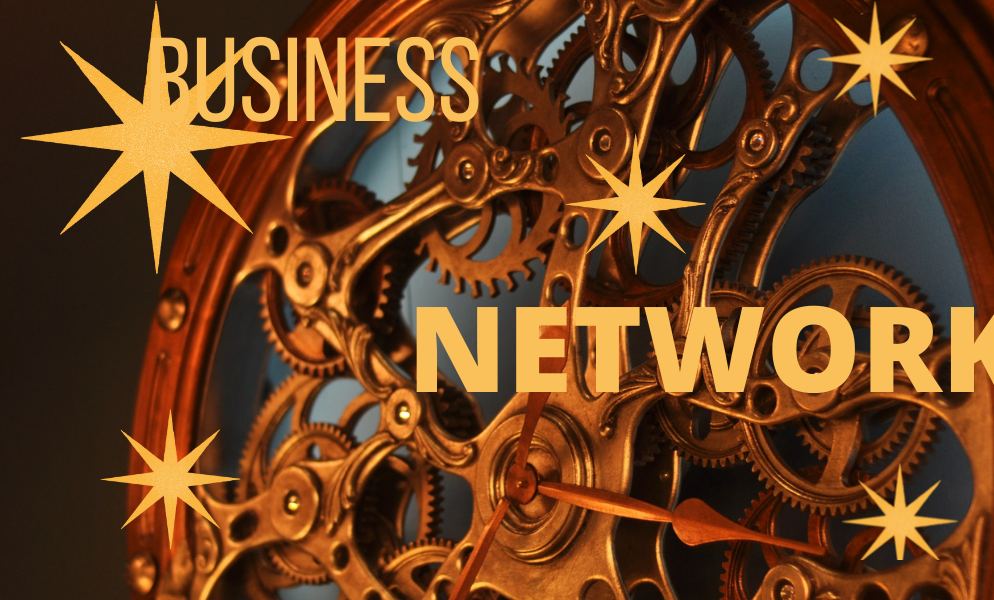Upgrading your Supply Chain To Its Next Level
The meeting room was as sparsely appointed as most meeting rooms used for supplier meetings these days.
There were no windows, and barely any space to move. A round table in the center was surrounded by four cheap chairs.
The message it sent was of frugality and simplicity. Yet the four people in the room were all expensively attired and talked about the high-end cars they drove.
The CFO was a tall, lean man. He was perhaps a very good rugby player in his day. Another CXO was a stylish European with trimmed hair.
The head of supply chain was the man who was least comfortable in that room.
I was the fourth person – and we were discussing
How to take the supply chain of this global behemoth to its next level.
It never surprises me that the companies that are making the most profits are also the ones who are always trying to get better and better.
Perhaps that is why they always make good profits in the first place. The conversation was centered around upgrading your supply chain to its next level.
Our company has not yet decided to accept this project because we were not sure if the company was ready for a real transformation, or was just paying lip service to a trend.
In fact that was the only question I was there to answer for myself. The rest of the questions would be taken care of as the project progressed.
But, if the answer to this most important question was not not right – a large, branded consulting company would be more appropriate for the project.
There are exceptions, but the junior people that they generally deploy on these type of projects rarely care if the recommendations are worthy of implementation.
And, so long as the bill is paid by the client, the senior partners rarely care about anything in projects of that type.
Luckily, as the conversation proceeded, it became clear that the company was looking to create a real, positive change in its business.
I could relax and spend some more time in this meeting. But, it also became clear to me that what the other three people called supply chain was actually just logistics.
This could cause major problem down the line. When the definitions are not clear, the ambiguity breeds non-accountability.
Everyone points fingers are each other.
It would be almost akin to a company contracting you to upgrade their building, but their definition of building is just the lobby (or the lifts).
Clearly, you would want to correct that misconception. I pointed out this example to the people in the room, and they wanted me to delineate supply chain and logistics.
I told them about my ‘MASTERCLASS WITH MR SUPPLY CHAIN’ which spends a lot of time on stories related to his misconception, and its impact on businesses and their profitability.
We decided that before the project details were agreed upon, it would be a good idea to run an in-house ‘MASTERCLASS WITH MR SUPPLY CHAIN’ for the top 12 people in the company.
I think it was a good positive outcome from that meeting. Suddenly, the head of supply chain was a lot more comfortable in the room.




